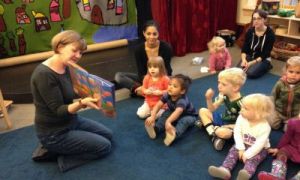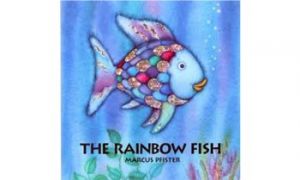The Working with Children Check (WWCC) is indeed a crucial requirement for anyone involved in child-related work in New South Wales (NSW). It includes a National Police Check and a review of reportable workplace misconduct. The following article provides information on applying for a WWCC in NSW.
What Is Checked?
The Working with Children Check screening process checks the following groups of records:
1. Your national criminal history. The records that are reviewed include:
-
convictions (spent or unspent)
-
charges (whether heard, unheard or dismissed)
-
juvenile records.
2. Any findings of misconduct by a relevant entity. Findings of reportable misconduct include:
- Sexual misconduct committed against, with or in the presence of a child, including grooming a child
- Any serious physical assault of a child.
How Long Does The Process Take?
Once proof of identity has been provided to a Service NSW Centre, it can take up to 4 weeks for us to receive National Police Criminal History results.
What If I Have A Criminal History?
Having a criminal record does not necessarily result in a bar from working with children. You can still apply for a Working with Children Check. The outcome of the Check will depend on the type of criminal or workplace records you have.
Fees
If you're applying as a paid employee or self-employed, there's a fee for the WWCC. However, volunteers, students on professional placements, potential adoptive parents, and authorised carers do not need to pay the fee.
Completing The WWCC Application Process From Overseas Or Interstate
You must be in NSW to complete the Working with Children Check application process. This is because you need to attend a Service NSW Centre to have your identification verified and to make payment, if applicable. There is no alternative to this unless you are an authorised carer or adult household member.
A NSW WWCC clearance lasts for 5 years and is continuously monitored, even if the holder moves jobs.
Reference:
Working with Children Check, Office of the Children's Guardian, NSW Government







 As an Educator in Australia, your pay rate falls under the Children’s Services Award 2010. This award states the minimum amount that an employer can
As an Educator in Australia, your pay rate falls under the Children’s Services Award 2010. This award states the minimum amount that an employer can When working as a qualified Early Childhood Teacher (with a university degree) within a service, your rate of pay will come from the Educational Services
When working as a qualified Early Childhood Teacher (with a university degree) within a service, your rate of pay will come from the Educational Services When working as a Diploma Qualified Educator your pay rate is from the Children's Services Award 2010. This Award states your minimum rate of pay
When working as a Diploma Qualified Educator your pay rate is from the Children's Services Award 2010. This Award states your minimum rate of pay When working as a Cert 3 Qualified Educator, your pay rate is from the Children's Services Award 2010. This Award states your minimum rate of
When working as a Cert 3 Qualified Educator, your pay rate is from the Children's Services Award 2010. This Award states your minimum rate of Educational Leaders play a crucial role in their early childhood service by ensuring that the educational program aligns with best practices and supports the holistic
Educational Leaders play a crucial role in their early childhood service by ensuring that the educational program aligns with best practices and supports the holistic In early childhood education and care, ratios are more than a technicality—they are a frontline safeguard. Every child deserves responsive supervision, emotional connection, and developmental
In early childhood education and care, ratios are more than a technicality—they are a frontline safeguard. Every child deserves responsive supervision, emotional connection, and developmental Here’s a comprehensive Mobile Phone and Smart Watch Policy tailored for early childhood education and care (ECEC) services in Australia, aligned with the latest 2025
Here’s a comprehensive Mobile Phone and Smart Watch Policy tailored for early childhood education and care (ECEC) services in Australia, aligned with the latest 2025 With the new national child safety reforms kicking in on 1 September 2025, early childhood services like yours have a real opportunity to lead the
With the new national child safety reforms kicking in on 1 September 2025, early childhood services like yours have a real opportunity to lead the The Sea of Fish Challenge is a national initiative that invites children, educators, families, and communities to create and display fish artworks as a symbol
The Sea of Fish Challenge is a national initiative that invites children, educators, families, and communities to create and display fish artworks as a symbol Across the early childhood education and care sector, educators are sounding the alarm: current staffing ratios are insufficient to deliver safe, meaningful, and developmentally appropriate
Across the early childhood education and care sector, educators are sounding the alarm: current staffing ratios are insufficient to deliver safe, meaningful, and developmentally appropriate


